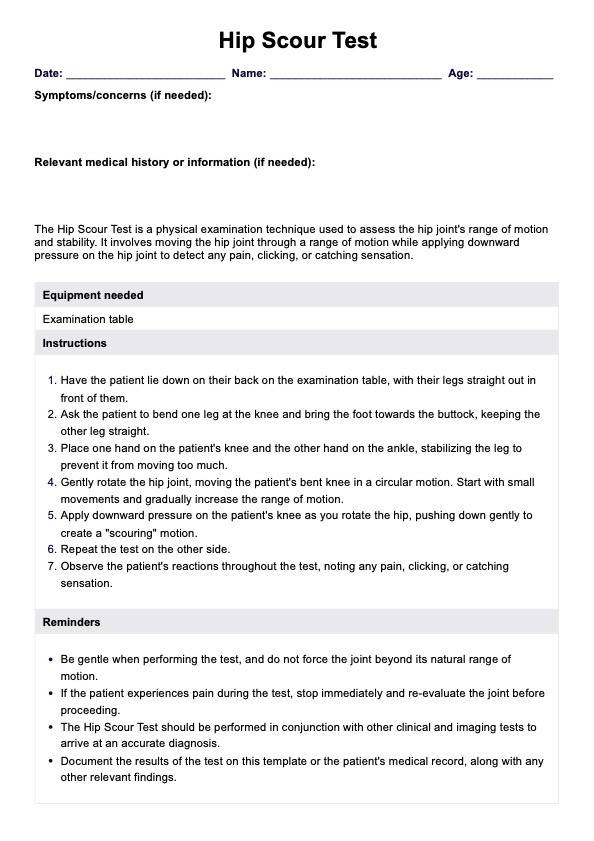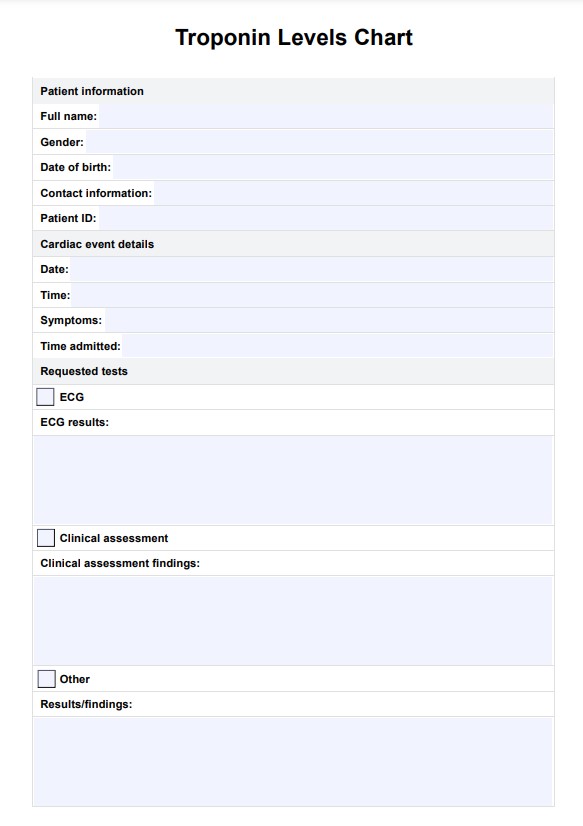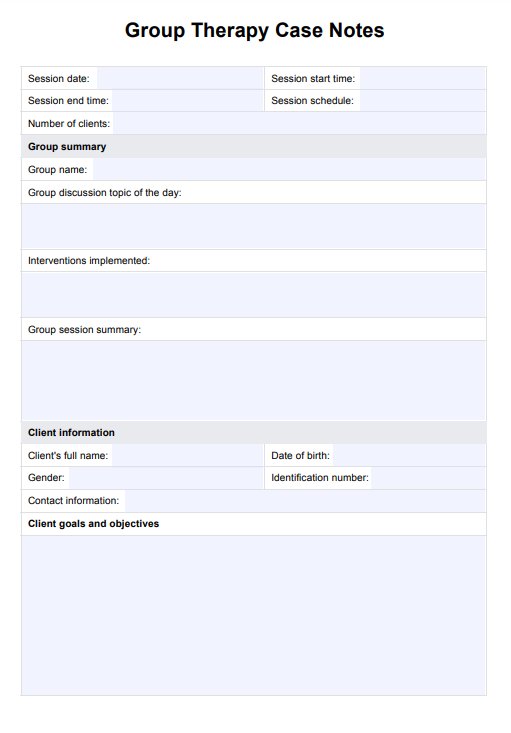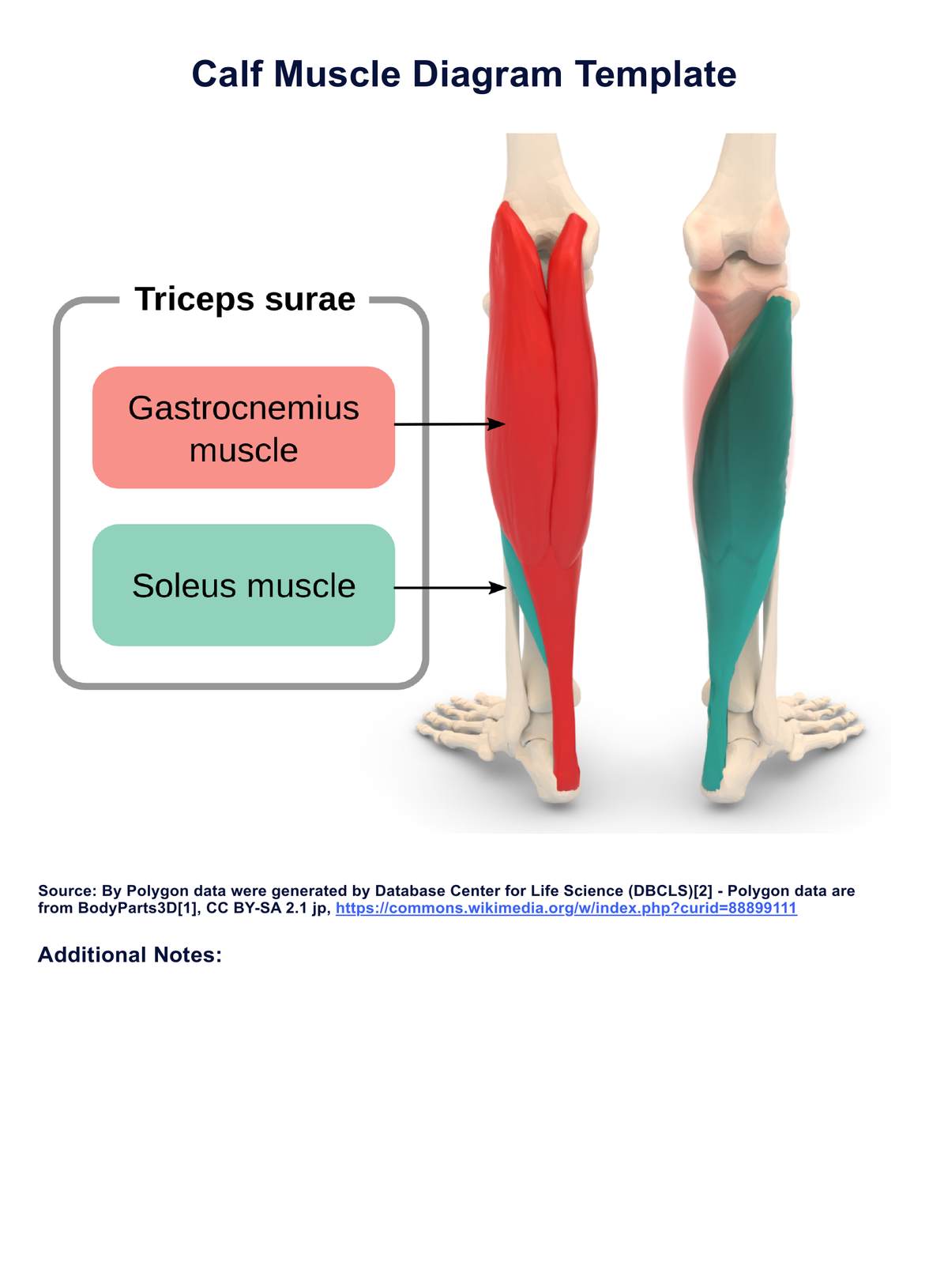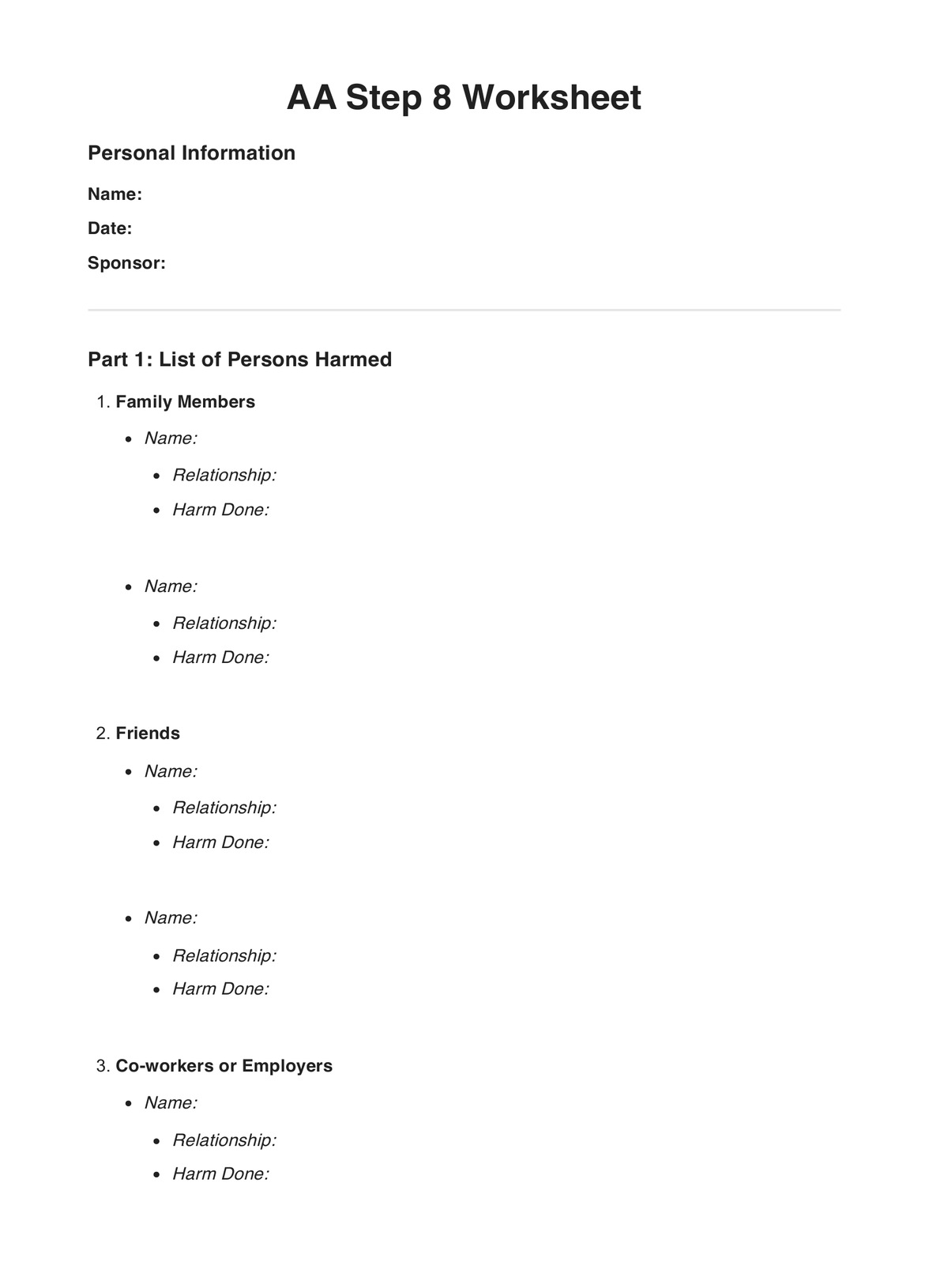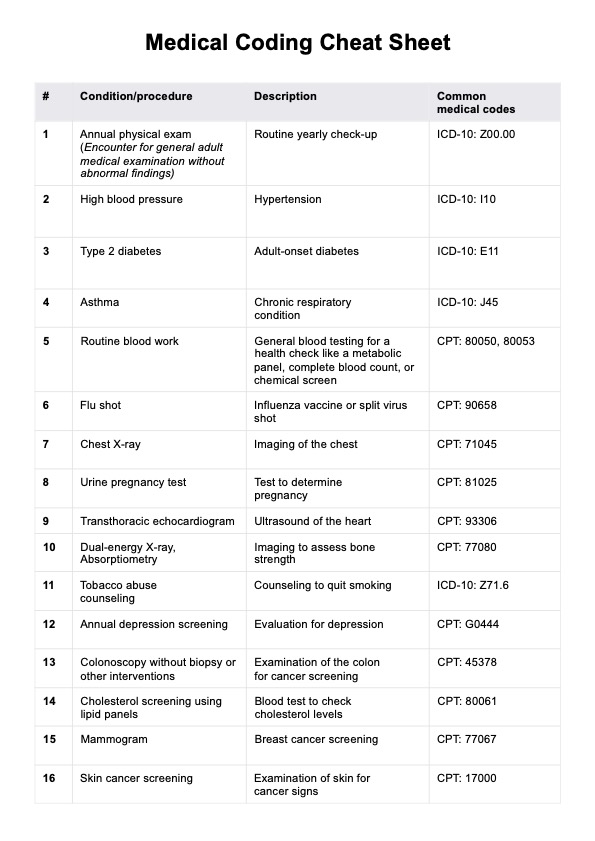Down Syndrome
Discover the value of accurate prenatal screening for Down Syndrome. Give your baby the best possible care from the beginning.


What is a Down Syndrome Test?
A Down syndrome test is a medical assessment designed to detect the presence of Down syndrome, a genetic disorder typically resulting from an extra copy of chromosome 21. Also known as trisomy 21, Down syndrome can lead to physical and intellectual disabilities and various health issues. Timely and accurate diagnosis is crucial for individuals with Down syndrome, as it allows for early intervention and appropriate medical care to optimize their quality of life.
There are several types of Down syndrome tests, and the choice of test depends on various factors such as the stage of pregnancy and the individual's medical history. Here are the primary methods:
- Prenatal Screening Tests: These are often conducted during pregnancy's first and second trimesters. Common screening tests include the nuchal translucency (NT) test, combined first-trimester screening, and quad screen. These tests assess the likelihood of Down syndrome based on factors like maternal age, hormone levels, and ultrasound measurements.
- Prenatal Diagnostic Tests: If a screening test indicates a high risk of Down syndrome, a diagnostic test may be recommended for confirmation. Chorionic villus sampling (CVS) and amniocentesis are the most common diagnostic tests. These tests involve obtaining a sample of cells from the placenta or amniotic fluid and analyzing the baby's chromosomes.
- Newborn Screening: After birth, newborns may undergo a blood test to check for Down syndrome, among other genetic disorders. This test is essential for early detection and timely intervention.
Down syndrome tests are vital for informed care, education, and support decisions. They're optional, allowing parents to decide based on preferences. Advancements in technology enhance testing accuracy and safety, improving outcomes for affected individuals and families.
Down Syndrome Template
Down Syndrome Example
How Does it Work?
1. Obtain the Form
Begin by acquiring the printable Down Syndrome Test form. This form is typically available from healthcare providers, clinics, or online sources, including Carepatron.
2. Review the Instructions
Before filling out the form, carefully read any accompanying instructions. These guidelines will provide essential information on how to complete the form accurately.
3. Gather Necessary Information
Collect all the required information and documents needed to complete the form. This may include personal details, medical history, and relevant test results.
4. Complete Personal Information
Start by filling in your personal information, including your name, date of birth, contact details, and identifying numbers such as a patient or medical record number.
5. Provide Medical History
Include details about your medical history, including any existing medical conditions, current medications, and past surgeries or procedures.
6. Answer Relevant Questions
The form may contain specific questions about Down syndrome risk factors or symptoms. Answer these questions accurately and thoroughly.
7. Consult with a Healthcare Professional
If you have any doubts or concerns while filling out the form, consider seeking guidance from a healthcare professional. They can provide clarification and ensure accuracy.
8. Double-Check for Completeness
Review the form to ensure all sections are completed accurately and all essential information is present.
9. Sign and Date
Sign and date the form to certify its authenticity. This step is crucial for verifying the accuracy of the information provided.
10. Submit the Form
Submit the completed form to the designated recipient, a healthcare provider, clinic, or laboratory. Follow any submission instructions provided with the form.
11. Await Test Results
Once the form is submitted, you must wait for the test results. The time it takes to receive results can vary depending on the type of test being conducted.
When Would you use this Test?
The Down Syndrome Test Form is a valuable resource used primarily in prenatal and pediatric medicine. It is a critical tool for healthcare practitioners, including obstetricians, gynecologists, pediatricians, and genetic counselors. The primary purpose of using this test is to assess the risk of Down syndrome in patients, and it is typically employed in the following scenarios:
- Prenatal Screening: Obstetricians and gynecologists often use this form during routine prenatal care. It helps in assessing the risk of Down syndrome in the developing fetus. Prenatal screening is typically recommended for pregnant individuals, particularly those over 35, as advanced maternal age is a known risk factor.
- Genetic Counseling: Genetic counselors use this form as part of their comprehensive genetic counseling sessions with expectant parents. They provide information about the risks, benefits, and limitations of Down syndrome testing, enabling parents to make informed decisions about testing during pregnancy.
- Newborn Screening: Pediatricians may use a modified version of this form for newborns exhibiting physical characteristics associated with Down syndrome. This helps confirm the diagnosis quickly and initiate early intervention and care for affected infants.
- Medical History Assessment: In some cases, a patient's medical history may raise concerns about a higher risk of Down syndrome. This form can be used during routine medical check-ups to gather relevant information and determine if further testing or evaluation is necessary.�?�
- Research and Education: Medical researchers and educators may use this form to collect data for Down syndrome studies or educate healthcare professionals and students about the importance of early detection and intervention.
What do the Results Mean?
Interpreting the results of a Down syndrome test is a critical aspect of prenatal and pediatric care. These tests aim to assess the likelihood of a fetus or newborn having Down syndrome, a genetic disorder caused by an extra copy of chromosome 21. The common results and their implications are as follows:
Negative/Normal Result
- A negative or normal result indicates that the test did not detect a significant risk of Down syndrome.
- For prenatal screening tests, a negative result suggests a lower likelihood of the fetus having Down syndrome, reducing the need for further invasive testing like amniocentesis or chorionic villus sampling (CVS).
- In newborn screening, a negative result means the baby is less likely to have Down syndrome, although it does not entirely rule out the condition.
Positive/High Risk Result
- A positive or high-risk result from a prenatal screening test indicates an elevated likelihood of the fetus having Down syndrome.
- It does not provide a definitive diagnosis but suggests the need for further diagnostic testing, such as CVS or amniocentesis, to confirm the presence of the condition.
- In newborn screening, a positive result typically prompts immediate diagnostic evaluation to confirm the diagnosis and initiate early intervention and care.
Inconclusive Result
- Some prenatal screening tests may yield inconclusive results due to inadequate sample quality or other testing limitations.
- An inconclusive result necessitates further testing or retesting for a more precise assessment of Down syndrome risk.
False Positive/Negative Result
- While rare, false-positive or false-negative results can occur in Down syndrome testing.
- A false-positive result incorrectly suggests a high risk of Down syndrome when the condition is absent, potentially leading to unnecessary anxiety and invasive testing.
- A false-negative result inaccurately indicates a low risk of Down syndrome when the condition is present, potentially delaying necessary medical care and support.
Research & Evidence
The Down Syndrome Test, a collective term for various prenatal and postnatal assessments, has a history closely tied to advancements in genetics and medical technology.
The concept of Down syndrome, named after Dr. John Langdon Down, was first described in the 19th century. However, in the mid-20th century, the condition's genetic basis was understood. In the 1950s, the discovery of the extra chromosome 21 in individuals with Down syndrome by Dr. JǸr��me Lejeune was a landmark moment in genetics. This finding laid the foundation for diagnostic testing.
Early screening tests like maternal age were used as rudimentary indicators of risk. But as medical technology progressed, more precise methods were developed.
Prenatal screening for Down syndrome began with maternal age-based assessments. However, it was soon realized that many affected pregnancies occurred in younger mothers. The development of biochemical markers, such as alpha-fetoprotein (AFP), human chorionic gonadotropin (hCG), and unconjugated estriol (uE3), led to improved screening accuracy. Research studies have refined these tests, focusing on enhancing sensitivity and specificity.
Chorionic villus sampling (CVS) and amniocentesis emerged as the gold standard diagnostic tests in the late 20th century. Research confirmed their accuracy in detecting chromosomal abnormalities, including Down syndrome. Non-invasive prenatal testing (NIPT) based on cell-free fetal DNA in maternal blood has revolutionized prenatal diagnosis. It has undergone extensive research and validation, demonstrating high sensitivity and specificity.
Newborn screening tests, including physical examinations and karyotyping, have been used for decades to identify infants with Down syndrome. Research has focused on developing more efficient and cost-effective screening methods, such as fluorescence in situ hybridization (FISH) and fluorescent-activated cell sorting (FACS).
References
- Department of Health & Human Services. (n.d.). Pregnancy tests - maternal serum screening. Better Health Channel. https://www.betterhealth.vic.gov.au/health/conditionsandtreatments/pregnancy-tests-maternal-serum-screening
- England, C. N. (n.d.). Screening for Down syndrome. https://www.womenandinfants.org/services/medical-screening/screening-for-down-syndrome
- Healthdirect Australia. (n.d.). Screening for Down syndrome. Pregnancy Birth and Baby. https://www.pregnancybirthbaby.org.au/screening-for-down-syndrome
- UCSF Health. (2023). Prenatal testing for Down syndrome. ucsfhealth.org. https://www.ucsfhealth.org/education/prenatal-testing-for-down-syndrome#:~:text=in%20the%20abdomen?
- UpToDate. (n.d.). UpToDate. https://www.uptodate.com/contents/should-i-have-a-screening-test-for-down-syndrome-during-pregnancy-beyond-the-basics/print
Commonly asked questions
Expectant parents or healthcare providers typically request Down syndrome tests during prenatal care.
�?�
Down Syndrome Tests are used during pregnancy to assess the risk of a fetus having Down syndrome. They may also be used postnatally if there are clinical indications.
�?�
Down Syndrome Tests can be conducted through prenatal, diagnostic, or newborn screening, depending on the pregnancy stage or the patient's age. Prenatal screening involves blood tests and ultrasounds, while diagnostic tests like CVS or amniocentesis are more invasive and definitive. Newborn screening involves physical examinations and genetic testing.
�?�
The duration of a Down Syndrome Test varies based on the type of test. Prenatal screening typically takes a few days to a week for results. Diagnostic tests may take a week or longer. Newborn screening results are often available within a few weeks.
�?�


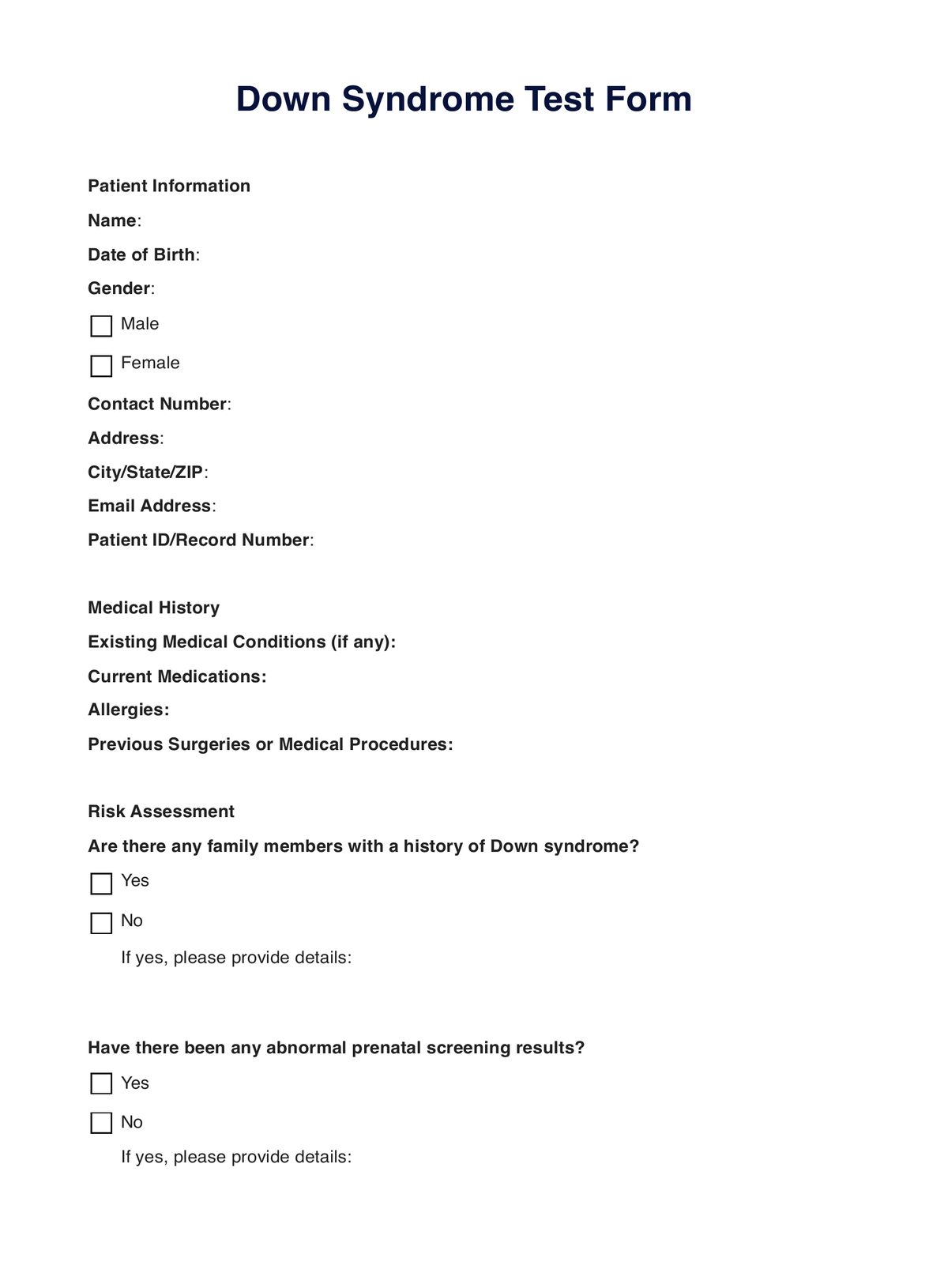
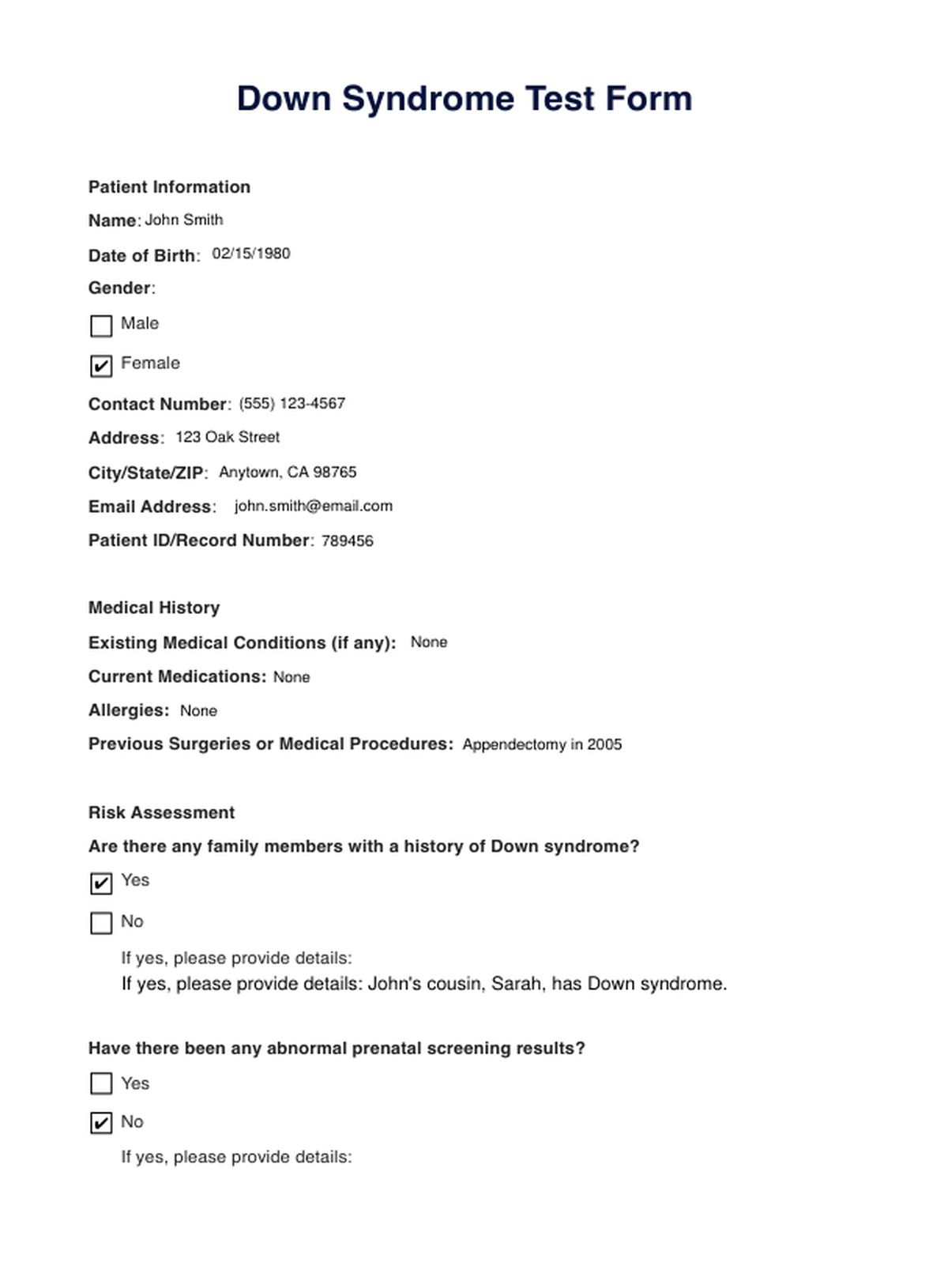


















-template.jpg)

















































































